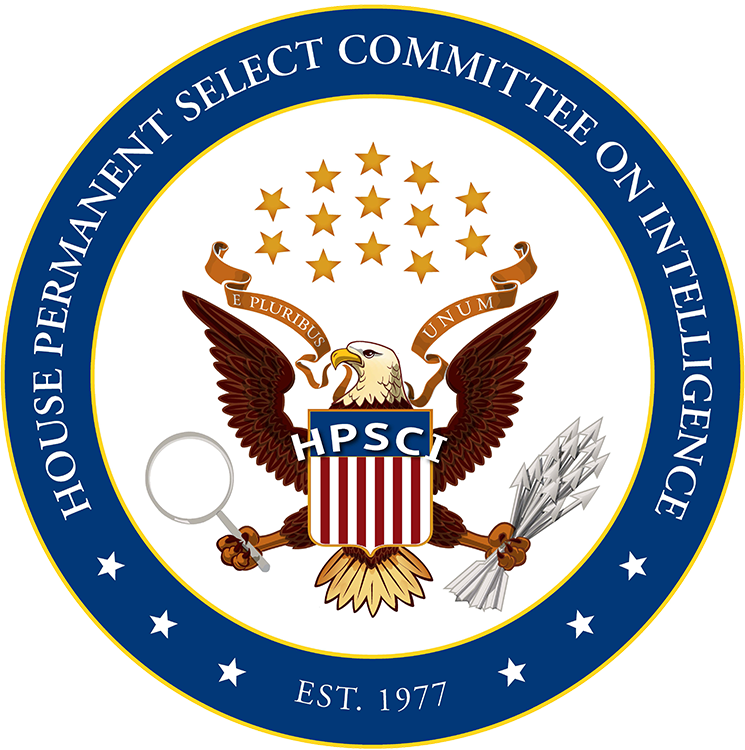Share
Press Releases
Crawford in Newsweek: It's Time to Institute Neighborhood Watch in the Western Hemisphere
Washington,
April 30, 2025
Why It's Time to Institute Neighborhood Watch in the Western Hemisphere By Chairman Rick Crawford April 30, 2025 The "neighborhood watch" concept is one with which most Americans are familiar. A group of neighbors works together to combat crime and promote safety by being vigilant in reporting suspicious activity and maintaining consistent communication with law enforcement and each other. It's time the United States and our Western Hemisphere partners adopt this simple model. But this only works if it's a collective effort. It requires all invested parties to commit and participate actively. The United States and our allies are facing unprecedented threats from highly sophisticated adversaries seeking to weaken our alliances, undermine our way of life, and deteriorate our readiness. Over the last 20 years, while the U.S. was fighting the war on terror, our adversaries have made inroads throughout the Western Hemisphere in a clear effort to circumvent the position of the United States as a global leader and exploit our neighbors. Russia and the Chinese Communist Party (CCP) have launched intelligence missions right here on U.S. soil as the CCP has instigated an economic chokehold on South American countries through its Belt and Road Initiative (BRI) and corruption. These adversaries are sending a clear message to the U.S.: We are within reach. The most jarring and overlooked illustration of the CCP's pervasive influence and investment is mere miles off the southeast coast of the U.S. in the Caribbean islands. In countries such as Suriname, Guyana, Barbados, Trinidad and Tobago, the Bahamas, and other countries, the CCP has dug its financial claws into these economies, funneling billions of dollars into substandard infrastructure projects. As of 2022, 10 Caribbean countries have joined the CCP's Belt and Road Initiative. This resource-dense part of the Western Hemisphere provides several strategic benefits for Beijing and its ultimate pursuit of global dominance. Bottom line—the CCP has set its sights on the Caribbean Community (CARICOM) and its location in the Western Hemisphere isn't coincidental. I have traveled throughout the Western Hemisphere extensively since 2017. In my many conversations with these countries' leaders, they have made it clear the U.S. is their preferred partner. However, China shows up offering false hope through predatory investments, infrastructure improvements, and deals on the spot. Because the CCP can operate in an exceedingly nimble manner, empowering their officials to write checks before even getting up from the negotiating table, many CARICOM country leaders are put in a position where they seize what appears to be an immediate economic benefit before evaluating risks or alternative possibilities. For the last 20 years, while CARICOM was not on anyone's radar as a vulnerability, CCP state-owned companies had been immersed in extensive construction of critical infrastructure in these countries. The CARICOM nation's people were typically unaware this was a CCP strategy to counter the U.S. and extend their control into the Western Hemisphere. To protect U.S. national and economic security interests, we must engage our neighbors and provide them concrete gestures of partnership. The Trump administration is already taking action to curb and counter the CCP influence in the most unassuming of places. While recently visiting Guyana, Secretary of State Marco Rubio highlighted the failure of U.S. companies to take advantage of the investment opportunities in the CARICOM region. He's right—if more U.S. companies engage in the region, then these countries will not be reliant on the CCP's nefarious and predatory partnerships. The CCP is playing the long game, and we must focus on long-term results as well. They are eating our lunch and we can't afford to continue looking the other way. The growing influence and investment in our Western Hemisphere neighborhood make it clear we are all in this fight together. A "whole-of-hemisphere" approach is necessary to combat the CCP's growing aggression. The U.S. and its partners can still win in a peer-to-peer competition if we act in a swift and unified manner. The U.S. and our regional partners have an opportunity to win economically and introduce these eager to engage CARICOM countries to a model of capitalism that serves their own needs to grow and thrive while addressing our individual strategic national security interests as well. What I know is the U.S. and its Western Hemisphere neighbors have far too much to lose if we sit by and do nothing. Congressman Rick Crawford (Ark.-01) is the chairman of the House Permanent Select Committee on Intelligence. ### |

